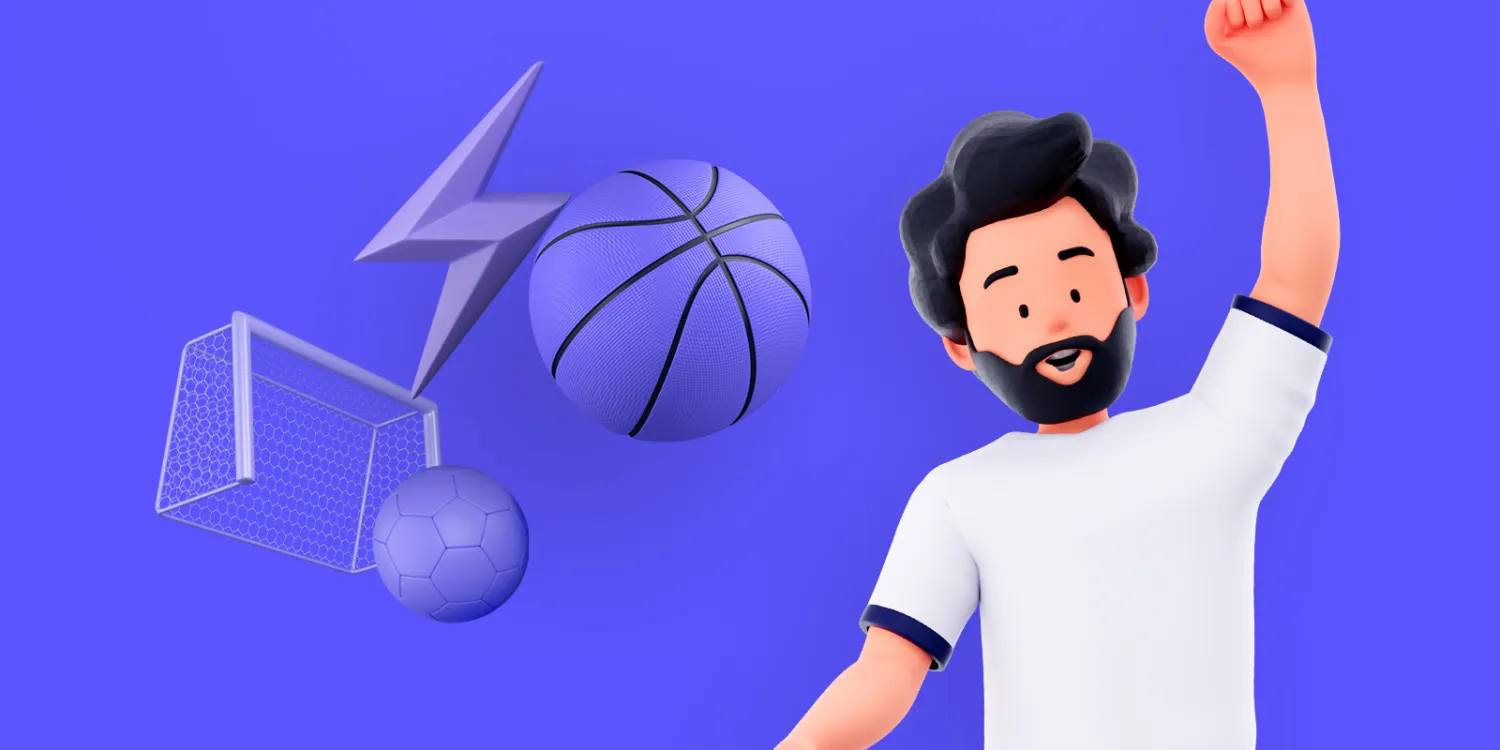







Artificial Intelligence (AI) Jobs in the Sports Industry: A Quick Guide
Introduction
The sports industry is increasingly embracing artificial intelligence to improve performance, enhance fan experiences, and optimize operations. AI professionals are in high demand as teams, leagues, and sports technology companies invest in cutting-edge solutions to stay ahead of the competition. This guide will help you understand the AI landscape in the sports industry, the job opportunities available, and the steps to take to build a successful career in this field.
The Role of AI Professionals in the Sports Industry
AI professionals in the sports industry apply their expertise to a wide range of applications, including player performance analysis, injury prevention, fan engagement, and business operations. They develop algorithms, models, and systems that leverage large datasets and machine learning techniques to provide actionable insights and automate processes, ultimately enhancing the way sports organizations operate and compete.
Types of AI Jobs in the Sports Industry
Sports Data Scientist: Data scientists in the sports industry use AI algorithms and machine learning models to analyze large amounts of data, including player statistics, team performance, and game dynamics. They identify patterns and trends that can help teams make data-driven decisions and enhance performance.
Computer Vision Engineer: Computer vision engineers develop algorithms and systems that enable computers to interpret and analyze visual information from images and videos. In the sports industry, computer vision engineers work on projects such as player tracking, gesture recognition, and video analysis for coaching and scouting purposes.
AI Performance Analyst: AI performance analysts work closely with coaches, athletes, and sports scientists to develop and implement AI-driven tools for improving performance, preventing injuries, and optimizing training programs. They analyze data from wearable devices, video feeds, and other sources to provide actionable insights and recommendations.
AI Software Developer: AI software developers in the sports industry design, develop, and maintain AI-powered applications, tools, and systems that support various aspects of the sports ecosystem, such as fan engagement, ticketing, marketing, and virtual/augmented reality experiences.
Natural Language Processing (NLP) Specialist: NLP specialists in the sports industry develop AI models and algorithms to analyze and understand human language, such as speech recognition, sentiment analysis, and chatbot development. They can work on projects like automated sports journalism, voice-activated virtual assistants, and social media analysis.
AI Project Manager: AI project managers oversee the planning, execution, and delivery of AI projects within the sports industry. They are responsible for coordinating cross-functional teams, managing budgets and timelines, and ensuring that AI solutions meet the needs of stakeholders such as athletes, coaches, and fans.
AI Researcher: AI researchers in the sports industry conduct cutting-edge research to advance the field of artificial intelligence, focusing on areas like machine learning, deep learning, reinforcement learning, and robotics. They may collaborate with universities, research institutions, and sports organizations to develop new AI technologies and applications for the sports sector.
AI Consultant: AI consultants provide expert advice and guidance to sports organizations on the implementation and use of AI technologies to improve their operations, processes, and decision-making. They help clients identify AI opportunities, develop strategies, and evaluate the effectiveness of AI solutions in meeting business goals.
These are just a few examples of the diverse range of AI roles available in the sports industry. As the integration of AI in sports continues to grow, more specialized and unique job opportunities will likely emerge, offering exciting career prospects for AI professionals.
Salaries in AI Jobs in the Sports Industry
Salaries for AI professionals in the sports industry vary depending on experience, job title, and geographic location. Entry-level positions typically offer salaries between $60,000 and $80,000 per year, while junior-level roles can range from $80,000 to $120,000. Intermediate-level positions may command salaries between $120,000 and $150,000, and senior-level candidates can expect offers above $150,000.
Essential Skills for AI Professionals in the Sports Industry
Strong programming skills: AI professionals must be proficient in programming languages such as Python, R, or Java.
Knowledge of machine learning frameworks: Familiarity with popular frameworks like TensorFlow, PyTorch, or scikit-learn is essential for building AI models.
Data manipulation and visualization: Proficiency in tools like SQL, Pandas, and Tableau is crucial for working with large datasets and presenting findings.
Domain-specific knowledge: Understanding the nuances of the sports industry and its data sources is crucial for developing AI solutions that address relevant challenges.
Communication and collaboration: AI professionals must be able to communicate complex ideas to non-technical stakeholders and work effectively in interdisciplinary teams.
Tips for Landing an AI Job in the Sports Industry
Build a strong portfolio: Showcase your AI projects, especially those related to sports, to demonstrate your skills and expertise.
Network with industry professionals: Attend sports analytics conferences, join online forums, and engage with AI experts in the sports industry to expand your network and learn about job opportunities.
Pursue relevant education: Consider earning a degree or certification in AI, machine learning, or data science to bolster your qualifications and demonstrate your commitment to the field.
Stay current with industry trends: Follow AI and sports industry news, research, and developments to ensure you stay up-to-date on the latest technologies and best practices.
Tailor your application: Customize your resume and cover letter for each job application, emphasizing your sports industry experience and relevant AI skills.
Leverage internships or freelance work: Gain hands-on experience through internships or freelance projects with sports organizations to build your resume and enhance your skillset.
Develop a strong online presence: Use professional social media platforms like LinkedIn to showcase your expertise, share your projects, and connect with potential employers in the sports industry.
Conclusion
Artificial intelligence is transforming the sports industry, and professionals with AI expertise are in high demand. By understanding the roles and responsibilities of AI professionals in the sports sector, the types of jobs available, the salary ranges for different experience levels, and the essential skills needed to succeed, you can build a successful career in this exciting and rapidly evolving field. With the right combination of education, experience, and networking, you can position yourself for a rewarding AI job in the sports industry. Take a look at all of our available AI jobs here.



























